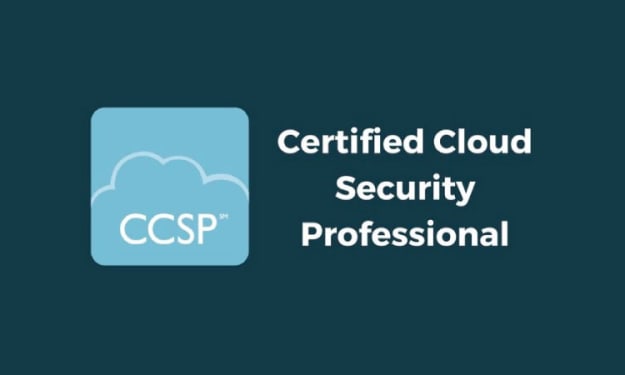Why Ruby on Rails is Still Relevant Today ?
How Ruby on Rails Stays Ahead in the Fast-Paced Tech World

Introduction
In the ever-evolving landscape of web development, technologies come and go. However, Ruby on Rails (RoR) has managed to retain its relevance and popularity since its introduction in 2004. In this article, we will explore the reasons why Ruby on Rails continues to be a relevant and powerful framework for web development projects even today. We will delve into its key strengths, its vibrant community, and its adaptability to modern development needs.
1 . Productivity and Convention over Configuration:
Ruby on Rails was designed with a focus on developer productivity. Its Convention over Configuration (CoC) principle allows developers to follow a set of conventions rather than spending time on configuring every aspect of an application. By eliminating repetitive setup tasks, RoR enables developers to focus on the core features of their applications, resulting in faster development cycles and increased efficiency.
2 . Mature Ecosystem and Community Support:
Ruby on Rails has a mature and robust ecosystem with a vast collection of libraries, gems, and plugins available. These resources provide developers with ready-made solutions for common functionalities, saving valuable time and effort. Additionally, the RoR community is highly active and supportive, with numerous online forums, communities, and meetups where developers can seek help, share knowledge, and collaborate on projects.
3 . Scalability and Performance:
While Ruby on Rails is often associated with rapid prototyping and small to medium-sized applications, it has proven its ability to scale and handle large-scale projects as well. With proper optimization techniques, caching mechanisms, and efficient database management, Ruby on Rails applications can deliver excellent performance and handle high traffic loads. Several high-profile websites, such as Airbnb, GitHub, and Shopify, have successfully scaled their applications using Ruby on Rails.
4 . Time-tested Stability and Reliability:
Ruby on Rails has a long history of stability and reliability. Its maturity as a framework, combined with its extensive testing culture, has resulted in a stable and secure development environment. The framework has a strong emphasis on automated testing, ensuring that applications can be built with confidence and maintained over time. This stability and reliability make Ruby on Rails a preferred choice for long-term projects and enterprise-level applications.
5 . Agile Development and Iterative Approach:
Ruby on Rails aligns well with agile development methodologies, such as Scrum and Kanban. The framework's emphasis on rapid iteration, coupled with its testing tools and intuitive syntax, makes it ideal for agile teams. Ruby on Rails encourages frequent releases, continuous integration, and feedback-driven development, allowing teams to adapt to changing requirements and deliver high-quality software in shorter timeframes.
Conclusion
Despite the emergence of new technologies, Ruby on Rails continues to thrive and remain relevant in the world of web development. Its focus on developer productivity, mature ecosystem, scalability, stability, and agility are some of the key factors contributing to its enduring popularity. Whether you are a startup looking to build a Minimum Viable Product (MVP), an established company seeking a stable and efficient framework, or a developer looking to expand your skillset, Ruby on Rails offers a solid foundation for building web applications that stand the test of time. Refer this : ruby online course .





Comments
There are no comments for this story
Be the first to respond and start the conversation.